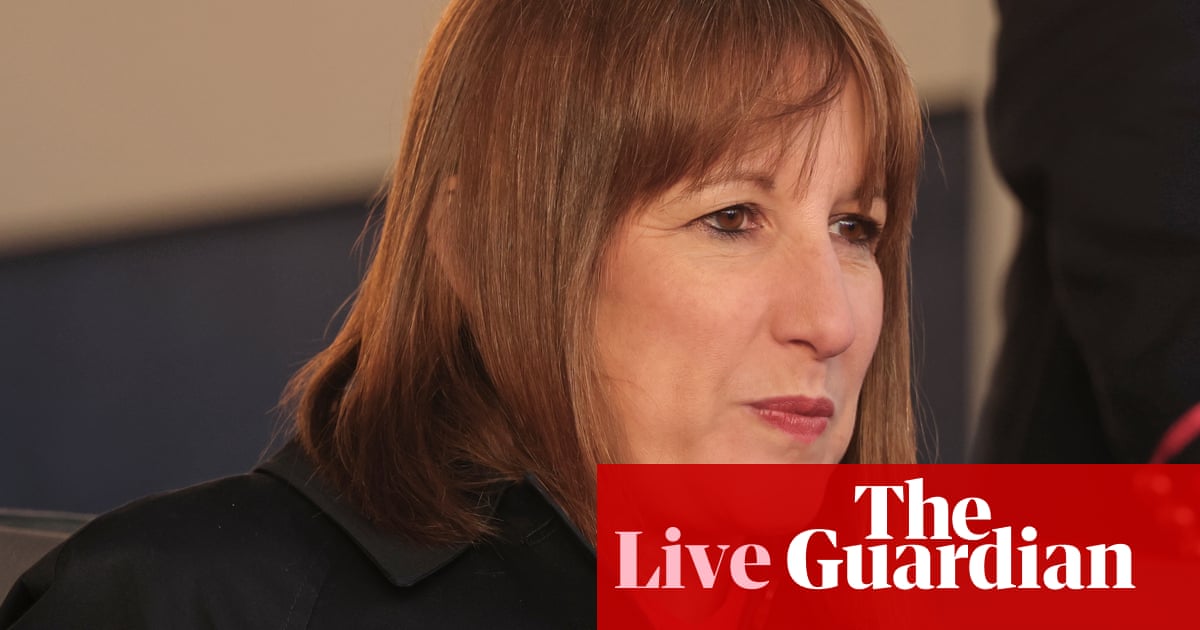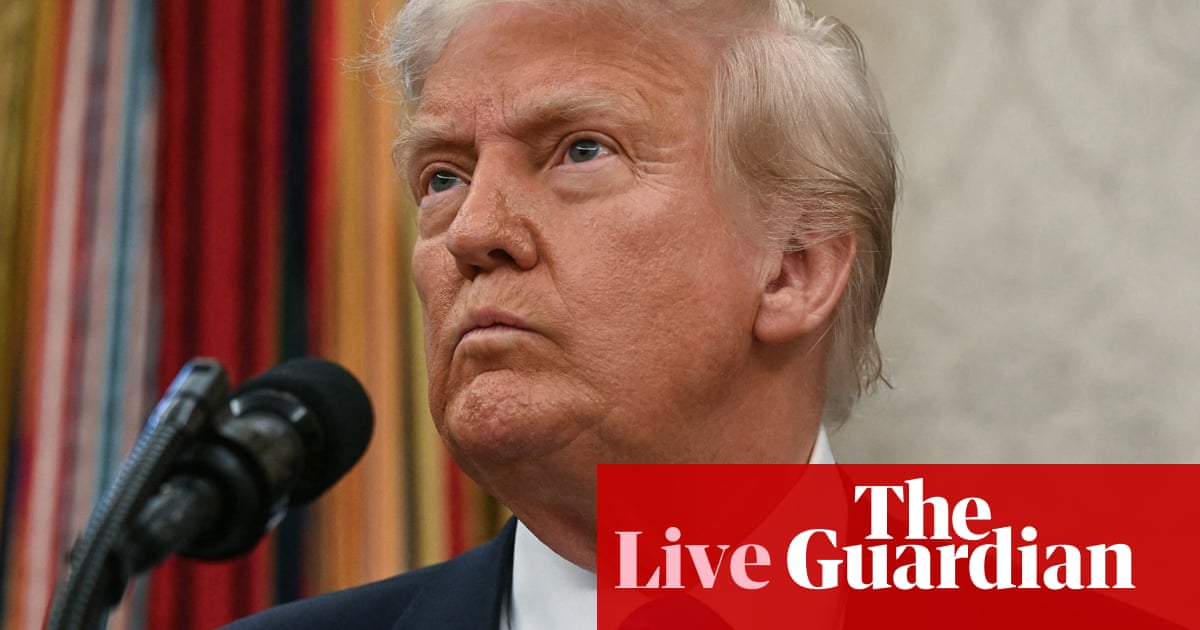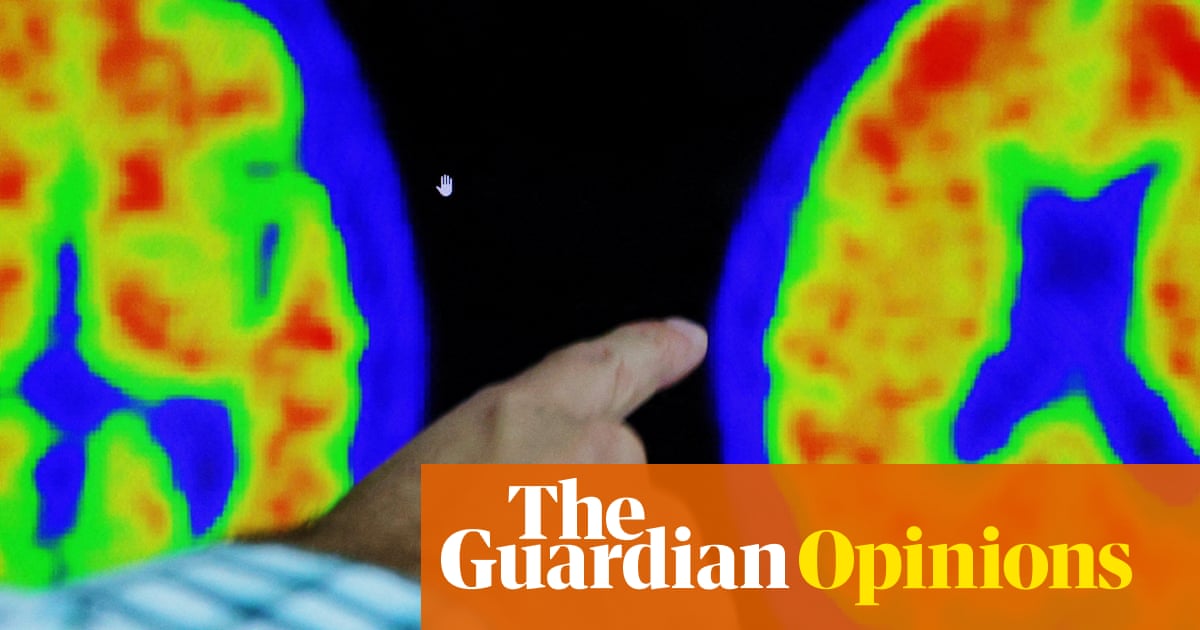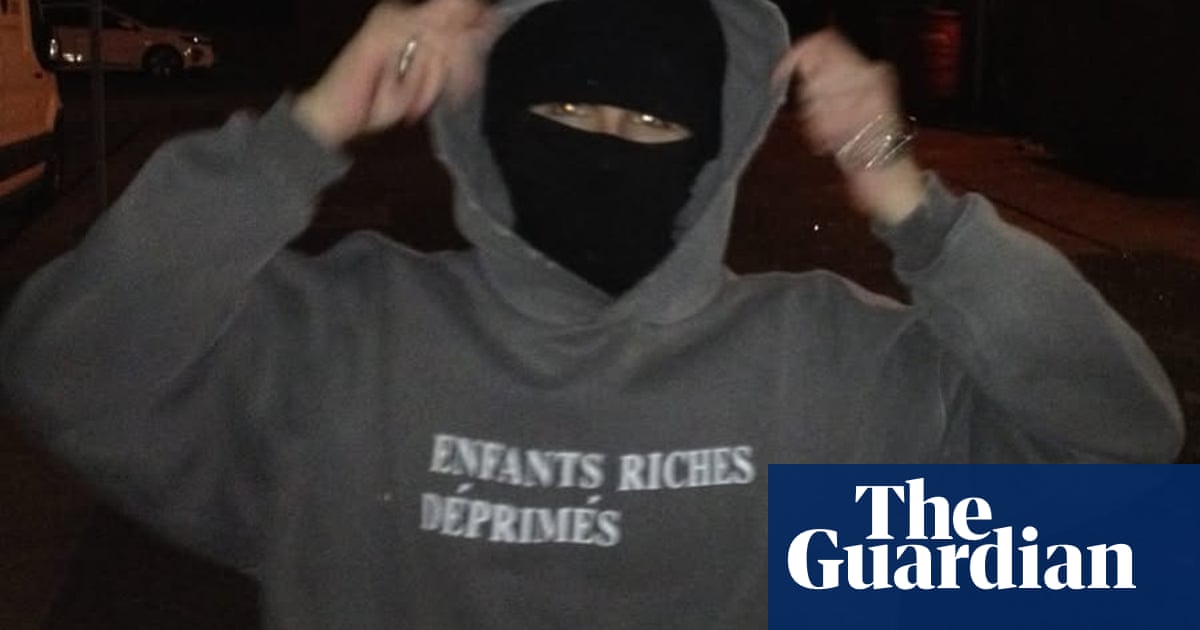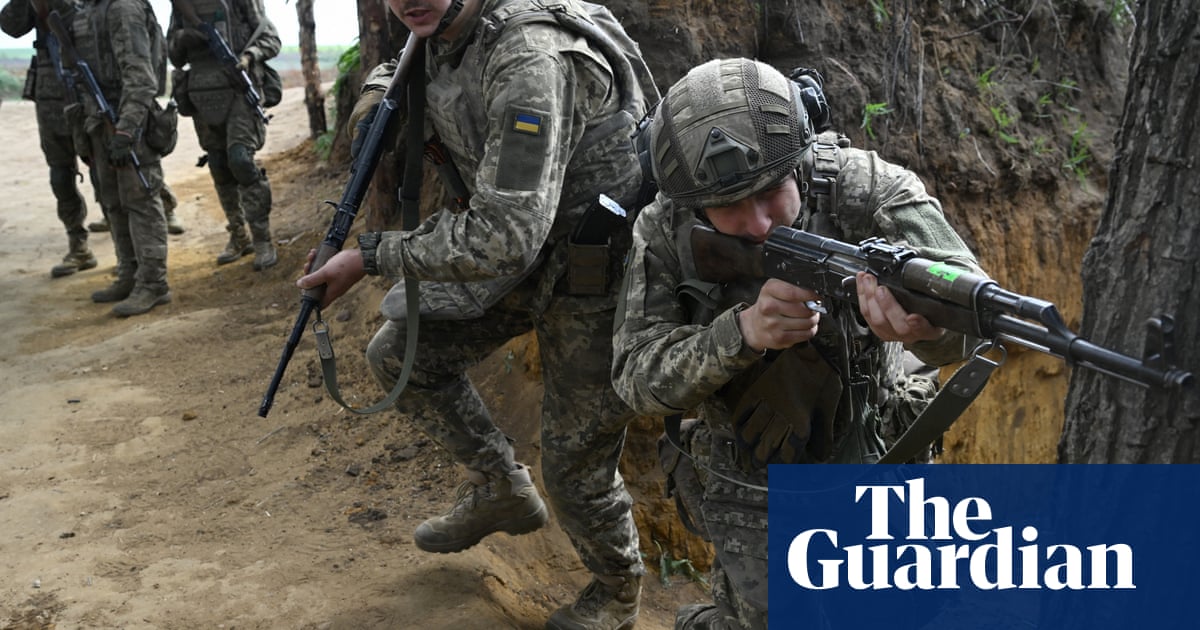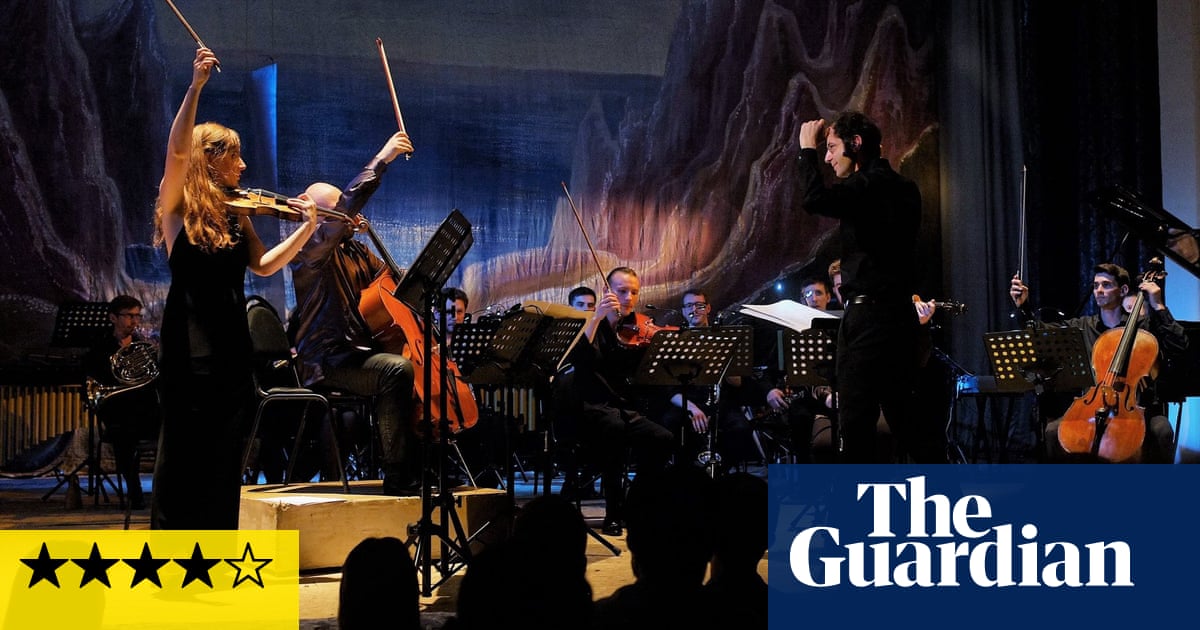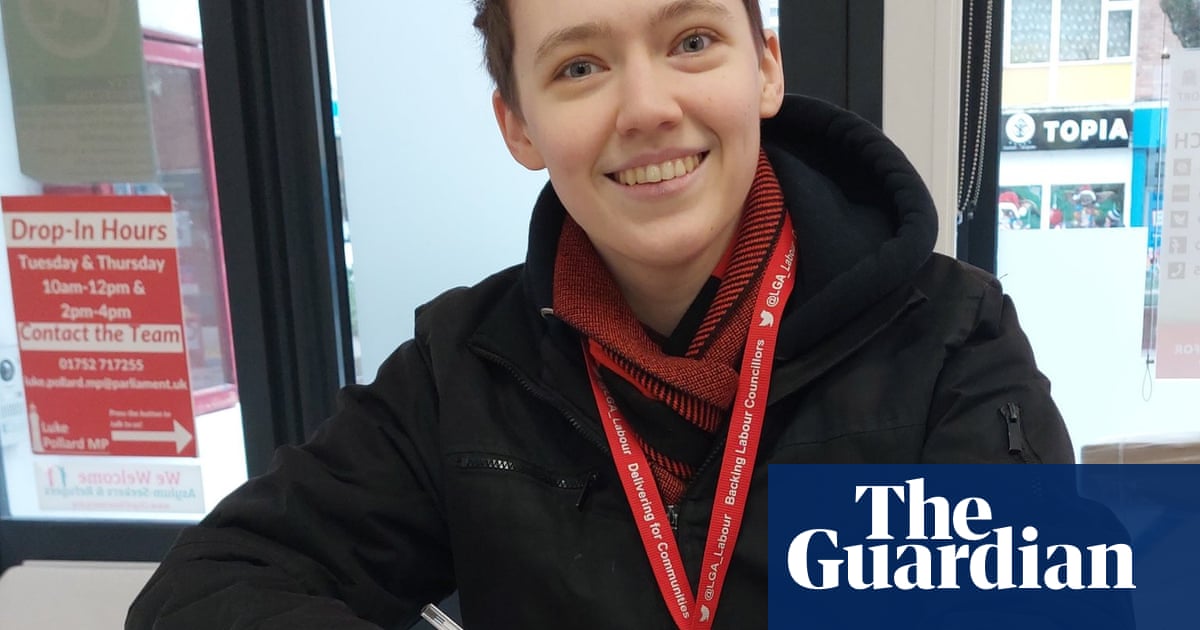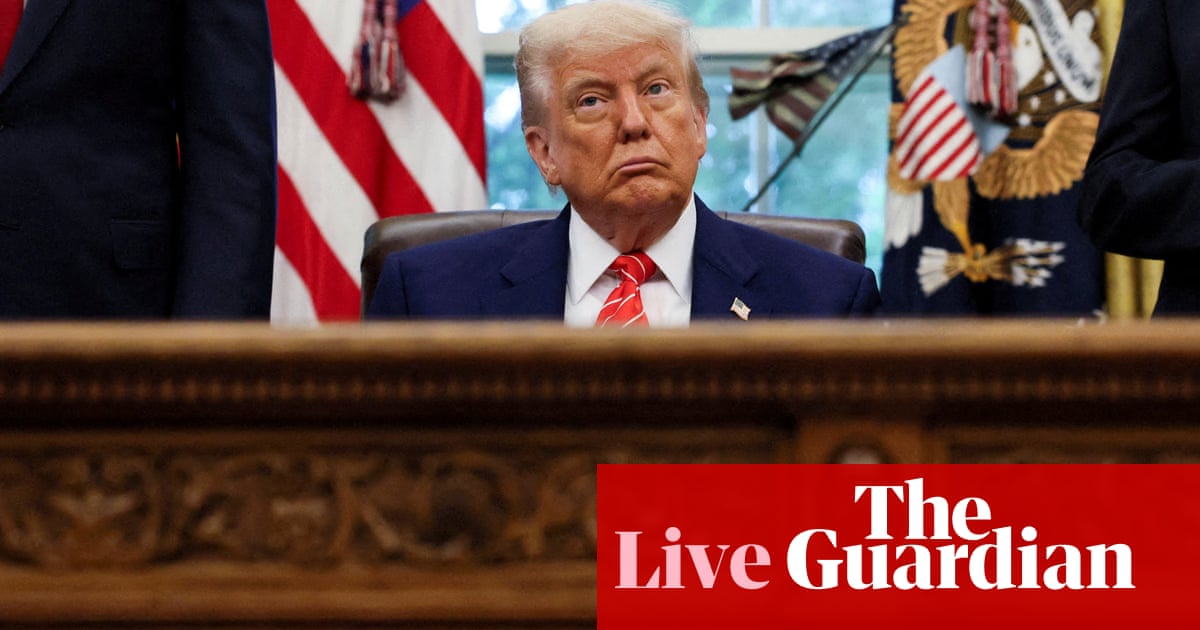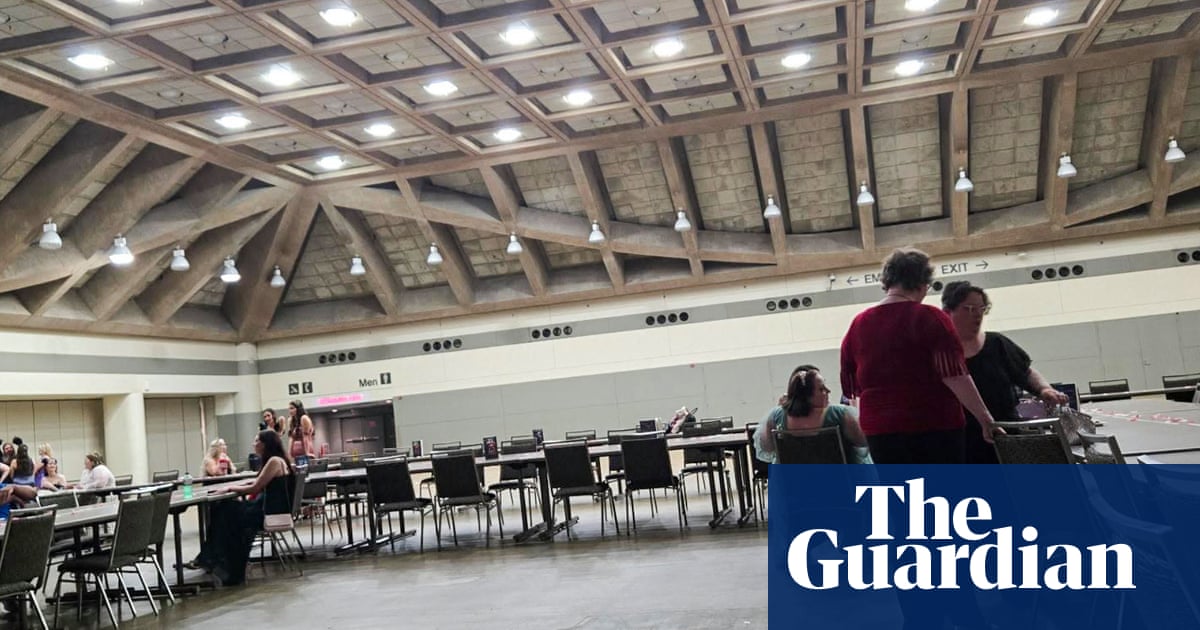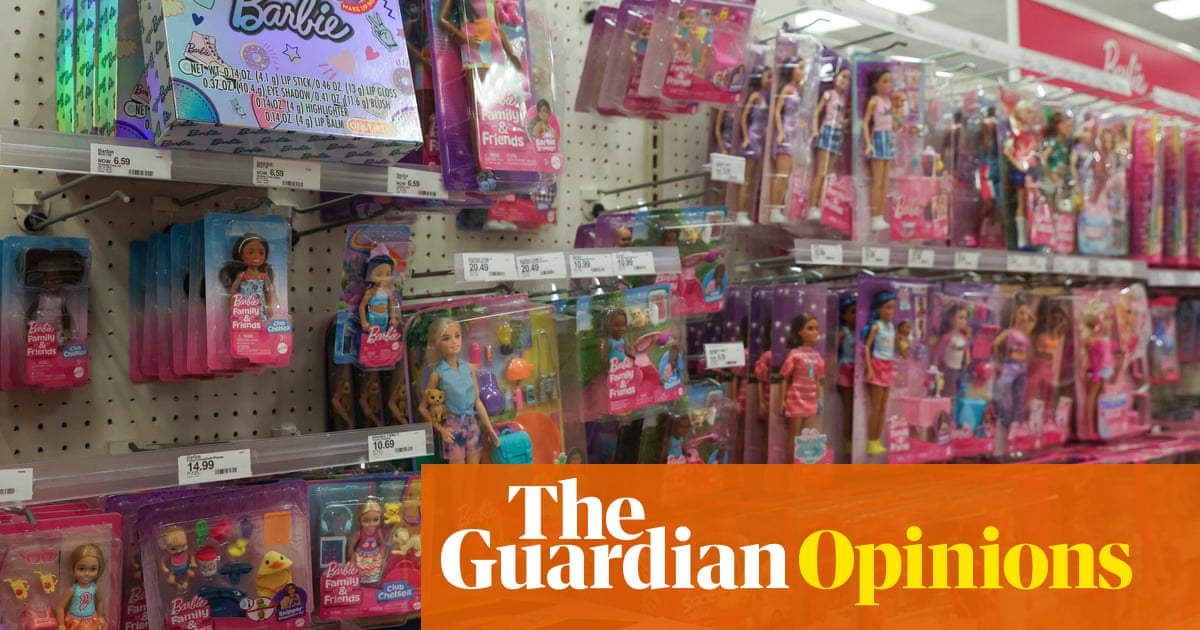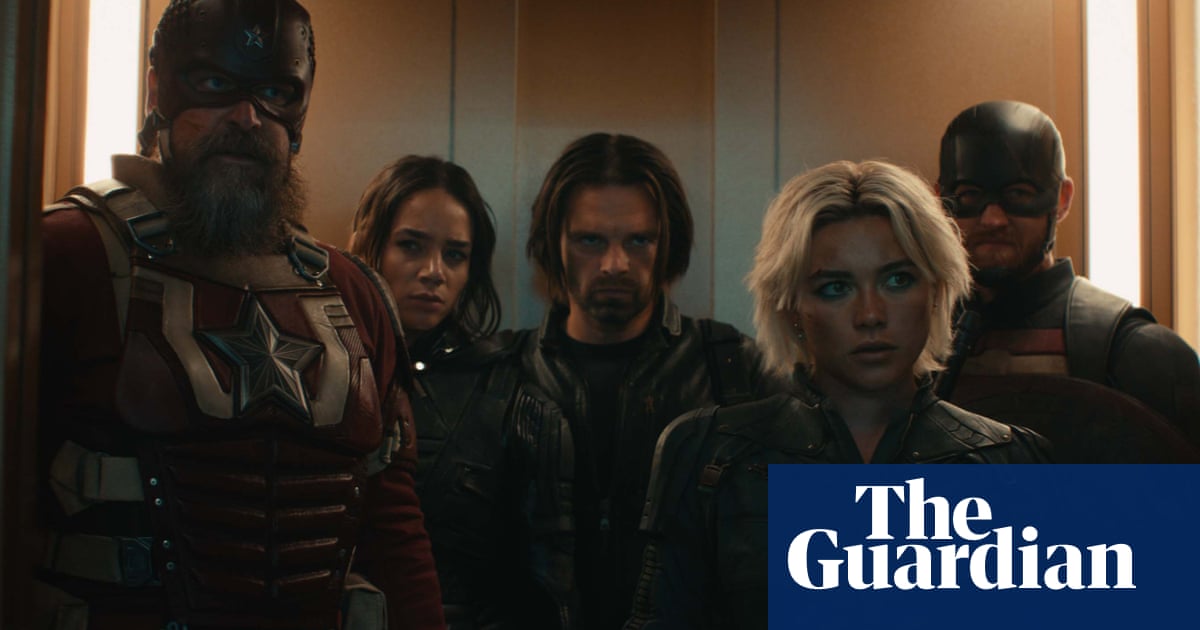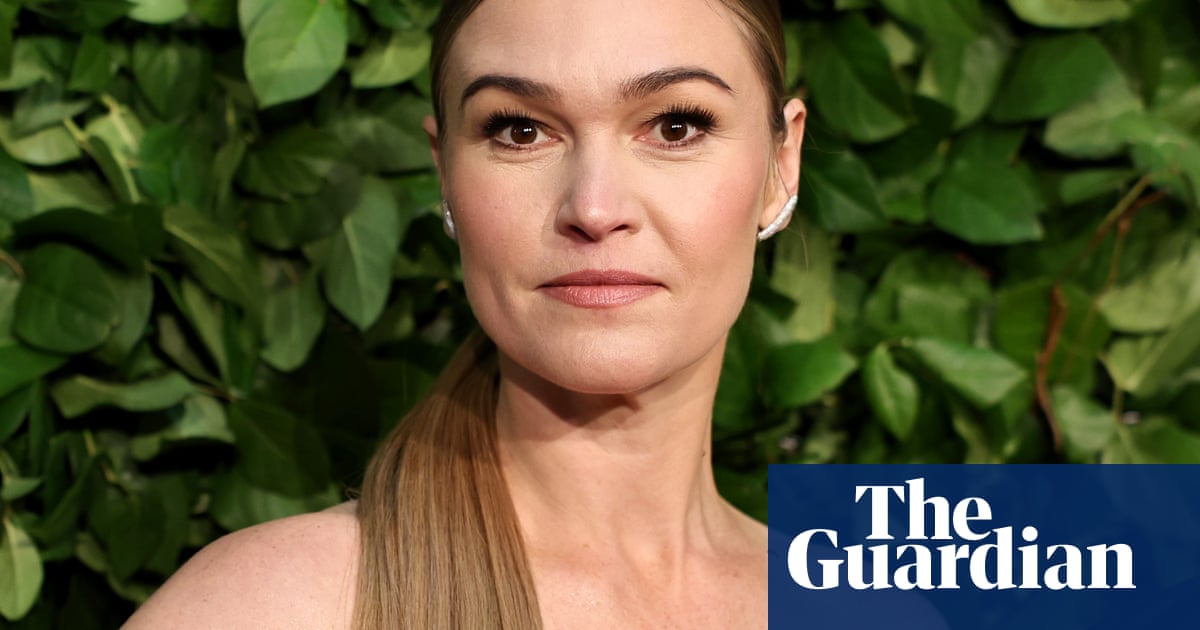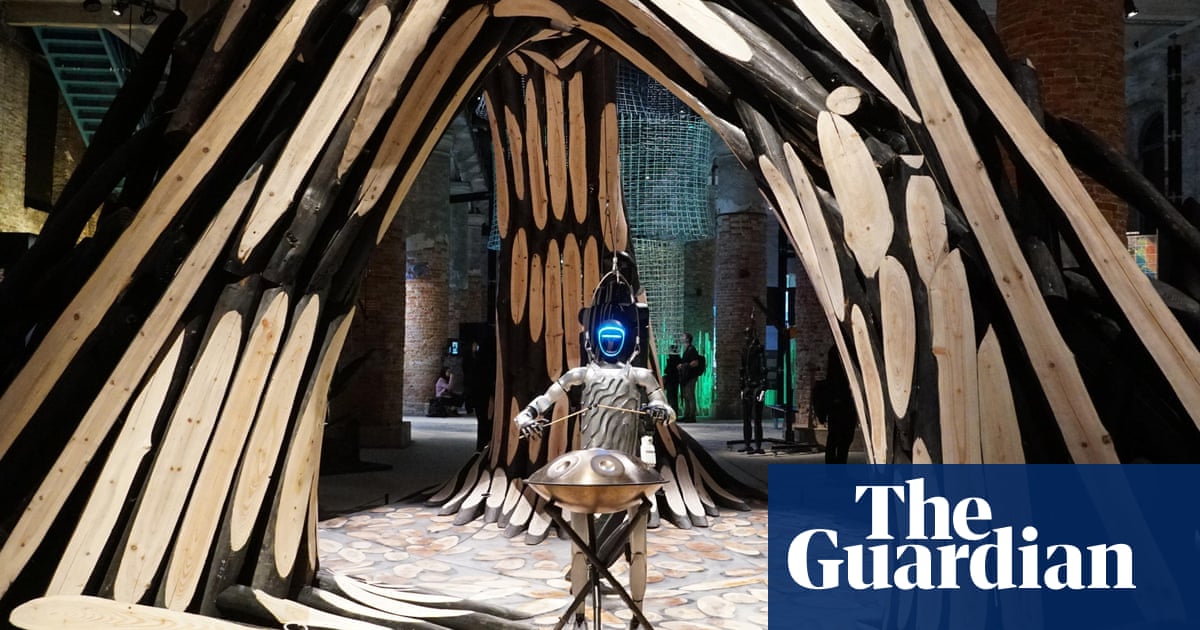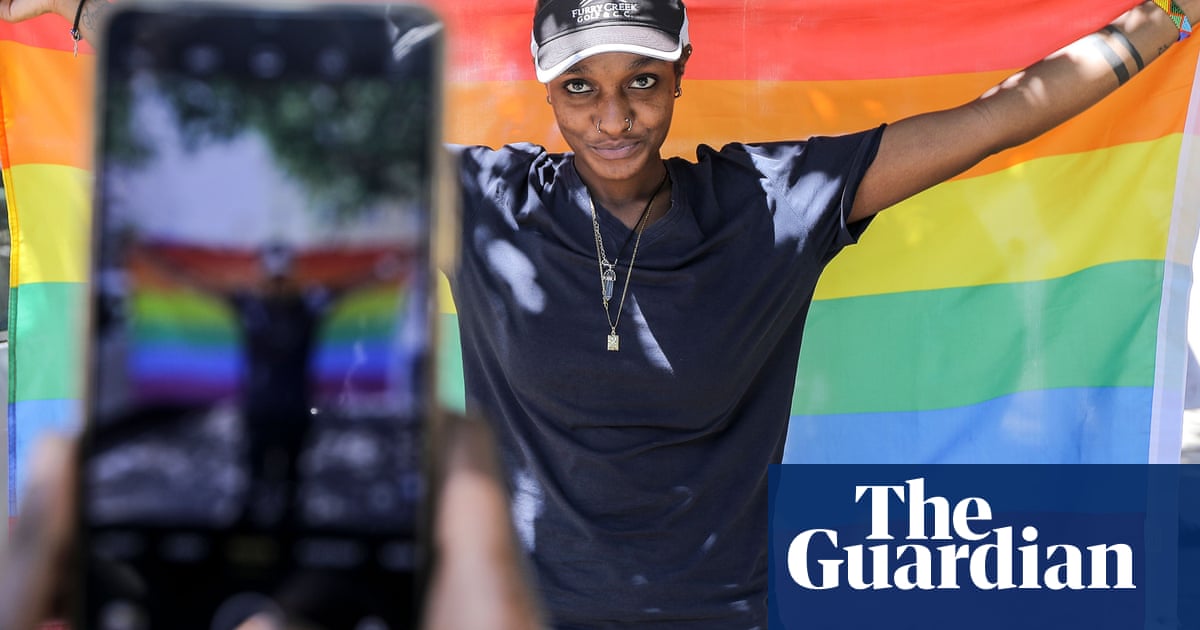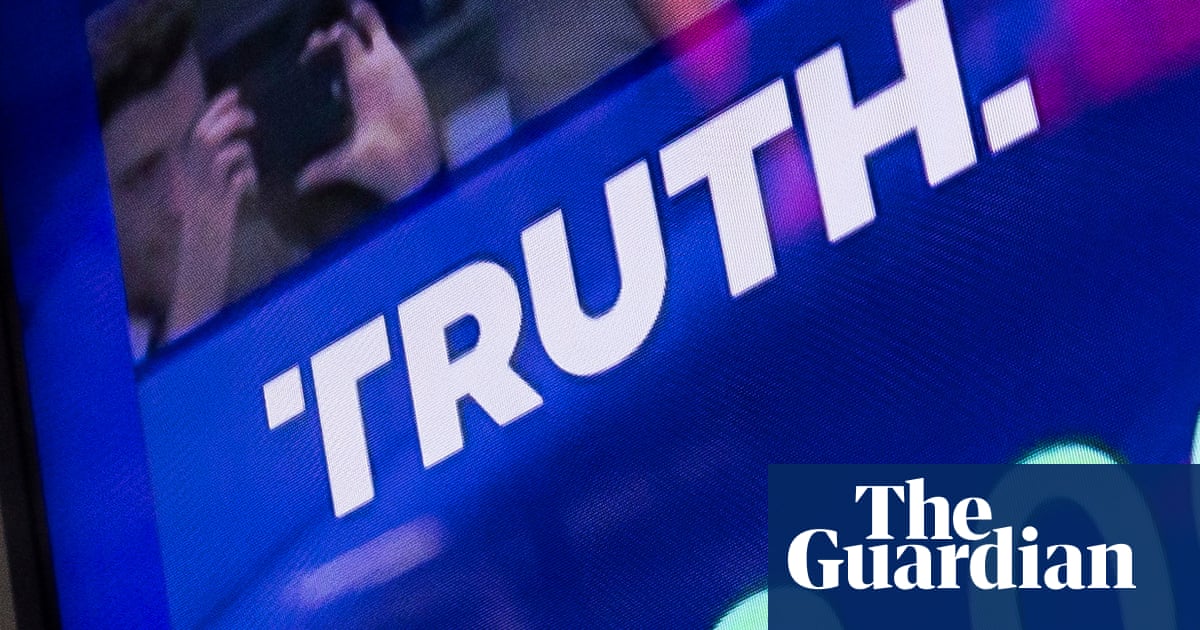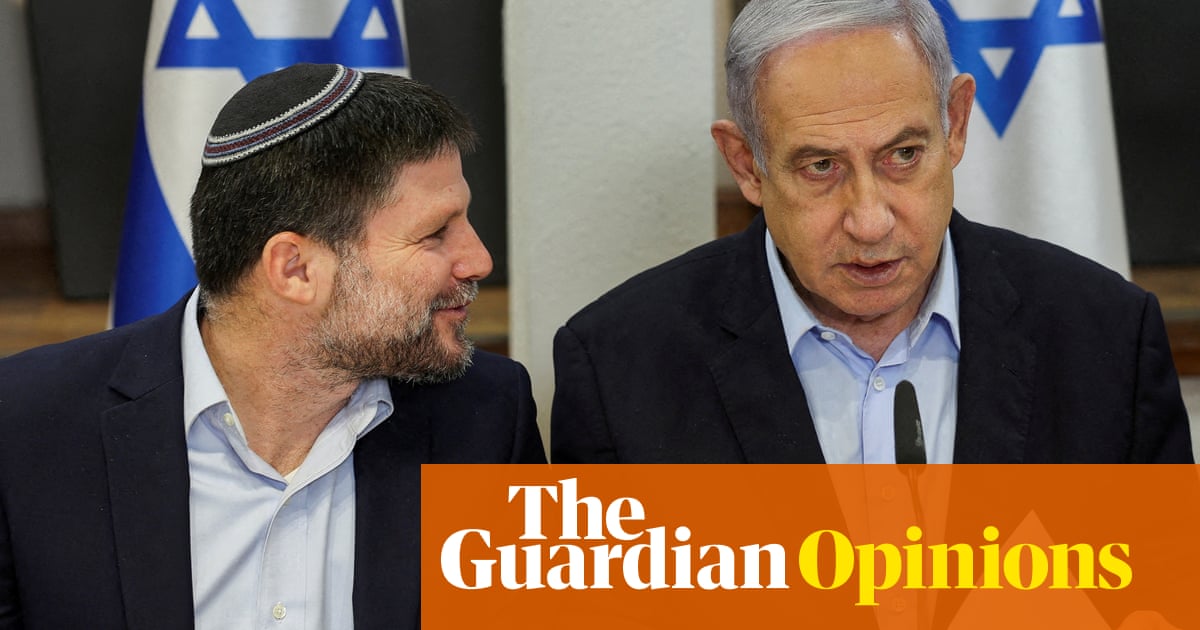Engineering works on the east coast mainline mean Newcastle supporters travelling to Wembley by train during the weekend of next month’s Carabao Cup final face considerable delays and disruption. Yet if the prospect of spending part of an extended journey on a replacement bus service and, judging by Thursday’s prices, often paying more than £400 return for the privilege, does not sound overly appealing, the Toon Army remain undeterred.
The prospect of being able to say “I was there” should Newcastle finally win their first major trophy since the 1969 Fairs Cup – and a first piece of domestic silverware since the 1955 FA Cup – dictates bank balances are being stretched to the limit.
With Newcastle-Heathrow flights on 15-16 March (cheapest return seats £300 and counting) filling up fast on Thursday some fans booked nine-hour coach trips to the capital while others planned to drive to meticulously researched home counties parking spots before boarding local train services.
Many of those sweating on logistics as they made almost military-style plans for the collective march south were not even sure of securing tickets in a Wembley allocation expected to be about 33,000.
If the experience of 2023 when Eddie Howe’s team lost the Carabao Cup final to Manchester United is anything to go by an awful lot of Geordies will arrive in London prepared to limber up for watching on a big screen by dancing in a beer-soaked Trafalgar Square.
Throw in hotel accommodation, food and a few – well, maybe more than a few – drinks and some fans will spend significantly more on the occasion than they would normally invest in a fortnight beneath the Mediterranean sun.
Howe’s hope is that victory will prove as restorative as a two-week summer holiday not merely for his club but an entire city. If the expense and inconvenience of travelling to Wembley on the third weekend of March highlights the sclerotic state of England’s public transport network outside London and the south-east, Newcastle’s players aim to do a spot of levelling up on the pitch.
Although the decline of their home city’s infrastructure is symbolised by the local council’s struggles to fund the repairs of the literally crumbling Tyne Bridge, Bruno Guimarães, Sandro Tonali, Alexander Isak and friends can seize the chance to put Newcastle right back on the domestic and European maps. The financial spin-offs of the Europa League place allotted to the trophy winners would help local businesses, not to mention potentially attract outside investment.

That word investment explains why it is hard to find too many people in the north-east prepared to criticise Newcastle’s Saudi Arabian majority owners. Locals may not like the kingdom’s atrocious human rights record or care for its approach to women’s rights but the Saudis’ pledges of assistance with long-term regional regeneration represent potential lifelines. With the West End Food Bank, one of Europe’s largest, sitting a long goal-kick from St James’ Park, paradoxes abound.
About 10 miles to the north, Howe and many of his players live in a very different world in upmarket Ponteland, with its Waitrose and easy access to the glorious Northumberland countryside.
Newcastle’s manager and his family like it so much that, last summer, Howe discreetly let it be known he wanted to stay at St James’ Park rather than succeed Gareth Southgate as England’s coach.
Seven months on any elite English or European club looking for a “super-coach” would be negligent in the extreme not to pay his CV the closest of attention.
after newsletter promotion
Despite Premier League spending rules dictating that the Saudis have not been able to buy Howe a regular first-team player in any of the past three transfer windows, Newcastle remain in realistic contention to qualify for the Champions League.
An example of why the top teams tend to struggle against them came in Wednesday’s Carabao Cup semi-final second leg. Howe, not content with compensating for Joelinton’s injury-induced absence from midfield by playing with a back five for the first time this season and watching his formation segue between 3-4-3 and 5-4-1, added a twist that left Mikel Arteta thoroughly confounded.
Fabian Schär, one of Newcastle’s three centre-halves, was deputed to perform a quasi man-marking job on Declan Rice and succeeded in preventing the England midfielder from controlling the game.
Schär, remember, signed for Rafael Benítez’s Newcastle for a modest £3m before being written off by Steve Bruce. Howe has restored the former Switzerland defender to his first XI while accentuating his distribution skills and on Wednesday praised Schär as a “special player” potentially capable of operating as No 6 or even a No 10 while “following tactical instructions to the letter”.
Rice’s suppression represented the sort of gamechanging detail that explains why Howe has won four of his past five games against Arteta’s Arsenal. He has presided over five victories against the Spaniard’s team – all with Newcastle. Only Manchester City’s Pep Guardiola and the former Liverpool manager Jürgen Klopp have done better.
If a test of a coach is their ability to improve players Howe’s nurturing of Jacob Murphy bodes well. Another Benítez buy – for £12m – the right-winger had been loaned to West Brom and Sheffield Wednesday before Howe’s installation but, these days, he tends to have a foot in a high percentage of the outstanding Isak’s goals.
Ultimately, and sometimes unfairly, managers tend to be judged by their trophy cabinets but if Howe can end Newcastle’s 70 years of domestic hurt next month, the Saudis will surely need to place him in golden handcuffs.

 3 months ago
42
3 months ago
42
